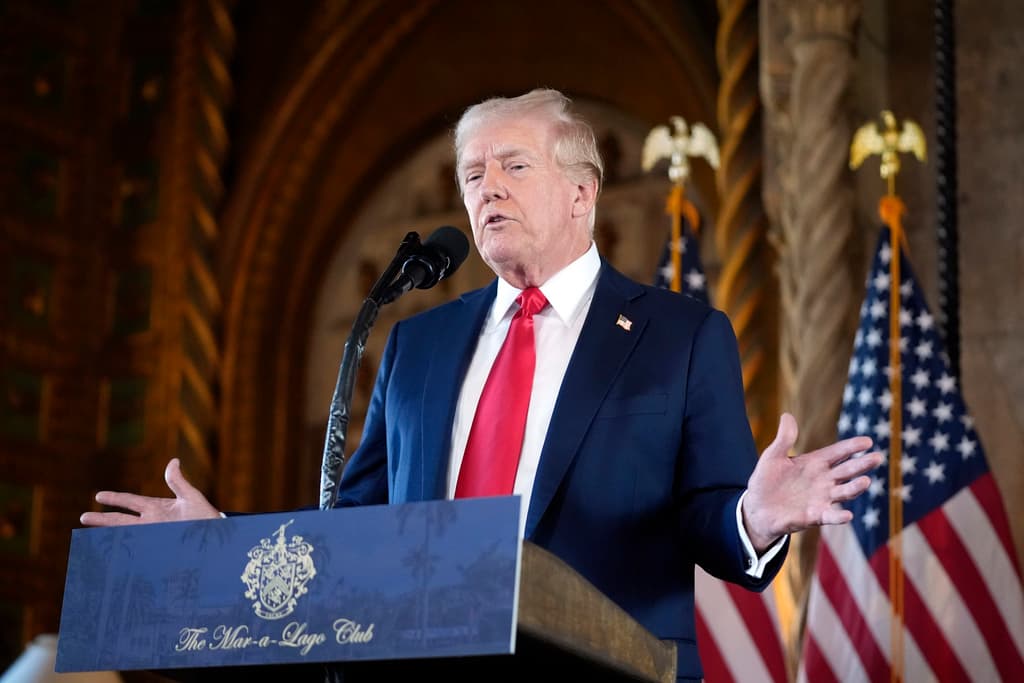Jack Smith, in What Could Be a Missed Opportunity for the Supreme Court, Appears Close To Giving Up Mar-a-Lago Prosecution of Trump
If the special counsel drops his appeal, the high court’s conservatives could rue a missed opportunity to clarify the law on Smith’s appointment.

Special Counsel Jack Smith’s request to the 11th United States Appeals Circuit for a delay in the Mar-a-Lago case against President Trump is another signal that the federal cases against the 45th president are living on borrowed time. It also could block the path to a Supreme Court ruling on the constitutionality of special counsels.
Mr. Smith asked the circuit for a delay until December 2 “to afford the Government time to assess this unprecedented circumstance and determine the appropriate course going forward consistent with Department of Justice policy.” He has docketed the same request to Judge Tanya Chutkan in the election interference case.
A login link has been sent to
Enter your email to read this article.
Get 2 free articles when you subscribe.

